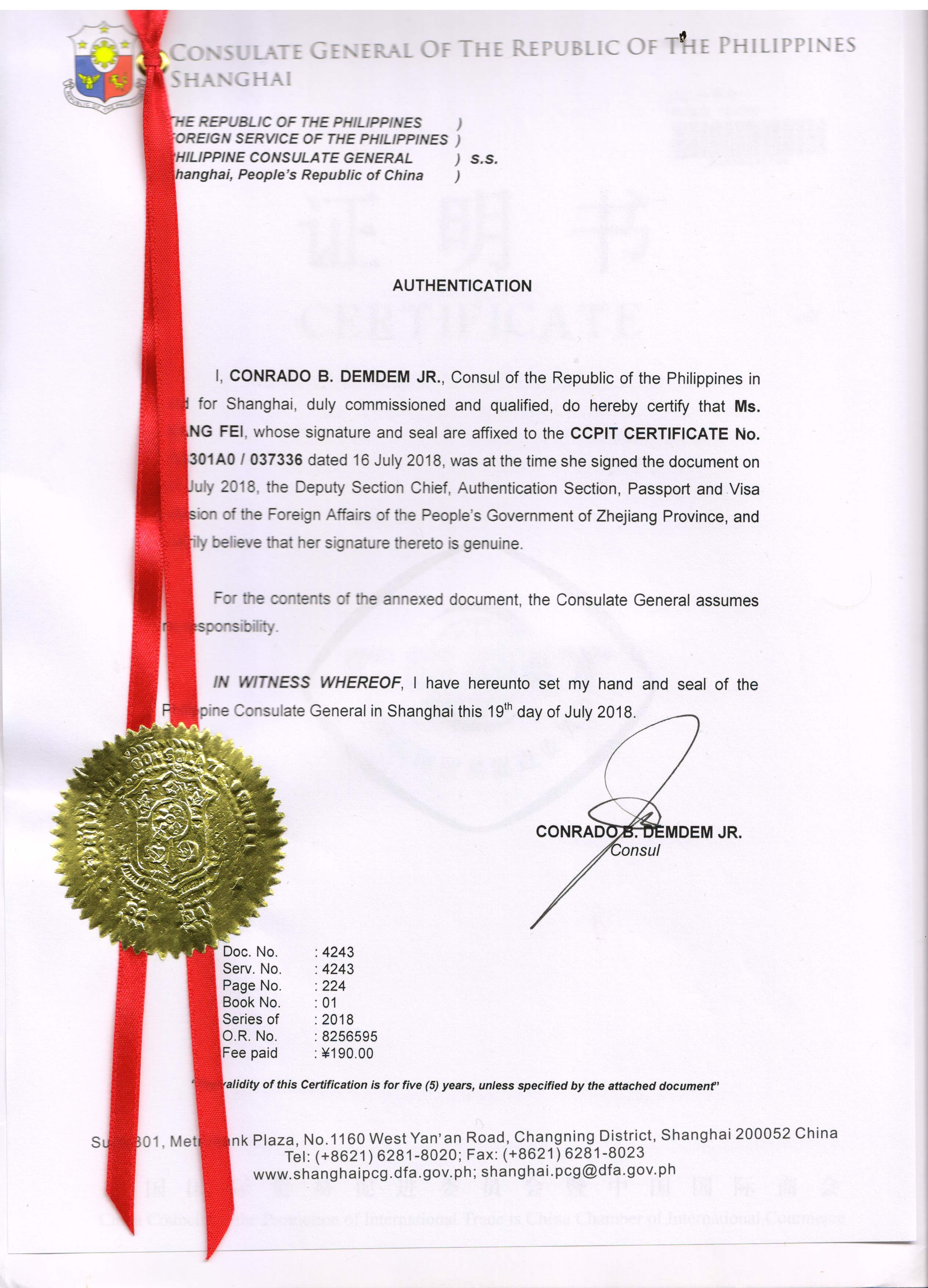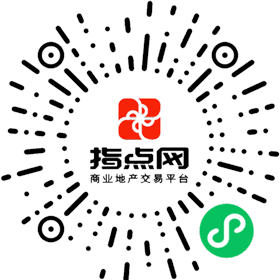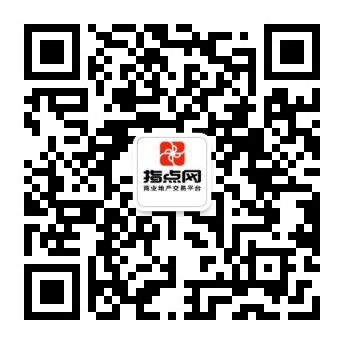菲律宾领馆声明加签申请从未如此方便;简化办理流程;多年领事认证操作经验,速度快费用低;谁说便宜没好货?
贸促会认证(当天出单) 贸促会认证 领事馆加签,外交部盖章,大使馆认证代理;3-5天拿正本-;CO,CI,授权书等各类文件认证;
为什么要办-理领事认证盖章? 领事认证的目的是向使用文书的外国机构证实文书的真实性,避免因其怀疑文书上签字或印章是否属实而影响文书的使用。比如说,国内公证处出具出生公证/书,当事人如果不办领事认证直接拿到A国使用,A国主管当局无法核实这份文书的真伪,因此将拒绝接受,A国当局会要求当事人将文书经过A驻华使(领)馆确认。而A国驻华使(领)馆也没有中国内公证处签字或印章备案,难以核实文书本身的真伪,因此又会要求文书先经中国官/方机构认证,证明有关文书中出证单位的印章及官员签字属实,然后A国驻华使(领)馆再确认中国官/方机构的印章、签字属实。此后A国主管当局才会接受此文书。
Why do - consul certification stamp? The purpose of consular authentication is to verify the authenticity of an instrument to the foreign agency using it and to avoid its use being affected by its suspicion of the authenticity of the signature or seal on the instrument. For example, the domestic notary office issues A notarization/certificate of birth. If the party does not apply for consular certification and directly takes it to Country A for use, the competent authorities of Country A cannot verify the authenticity of the document, so they will refuse to accept it. The authorities of Country A will ask the party to submit the document to the Embassy (consulate) of Country A for confirmation. And the country A halt China make (get) museum nor China notary office signature or seal for the record, it is difficult to verify the authenticity of A document itself, and therefore will require documents authenticated by the Chinese officer/party first, confirm the documents certified by the seal and sign official is true, then A country halt China make (get) museum to reconfirm the Chinese officer/seal and signature by the parties. The instrument would then be accepted by the competent authorities of State A.
为什么国外客户要求做使馆认证
Why do foreign customers require embassy certification
答:近几年来,我国向拉美、非洲、中东等国家和地区的出口逐年增加,尤其是轻工业品占有较明显的优势,这些国家和地区已成为我国对外出口的新兴市场。这些国家处于保护本国市场的需要,纷纷制定了严格的贸易保护政策,其中许多要求我出口商品单证必须经过进口国驻我国使馆的认证,才可办-理通关手续。目前,要求使馆认证的主要国家有阿根廷、埃及、沙特、伊朗、阿联酋、土耳其等,但除中东、南美、非洲等地区,一些欧美国家也正加入到这一行列中来。

Why do foreign customers require embassy certification
A: In recent years, China's exports to Latin America, Africa, the Middle East and other countries and regions have been increasing year by year. In particular, light industrial products have an obvious advantage. These countries and regions have become emerging markets for China's foreign exports. In order to protect their own markets, these countries have formulated strict trade protection policies. Many of them require that the documents of export commodities must be certified by the embassy of the importing country in China before they can go through the customs clearance procedures. Currently, the main countries requiring embassy certification include Argentina, Egypt, Saudi Arabia, Iran, the United Arab Emirates, Turkey, etc., but in addition to the Middle East, South America, Africa and other regions, some European and American countries are also joining the ranks of this group.


